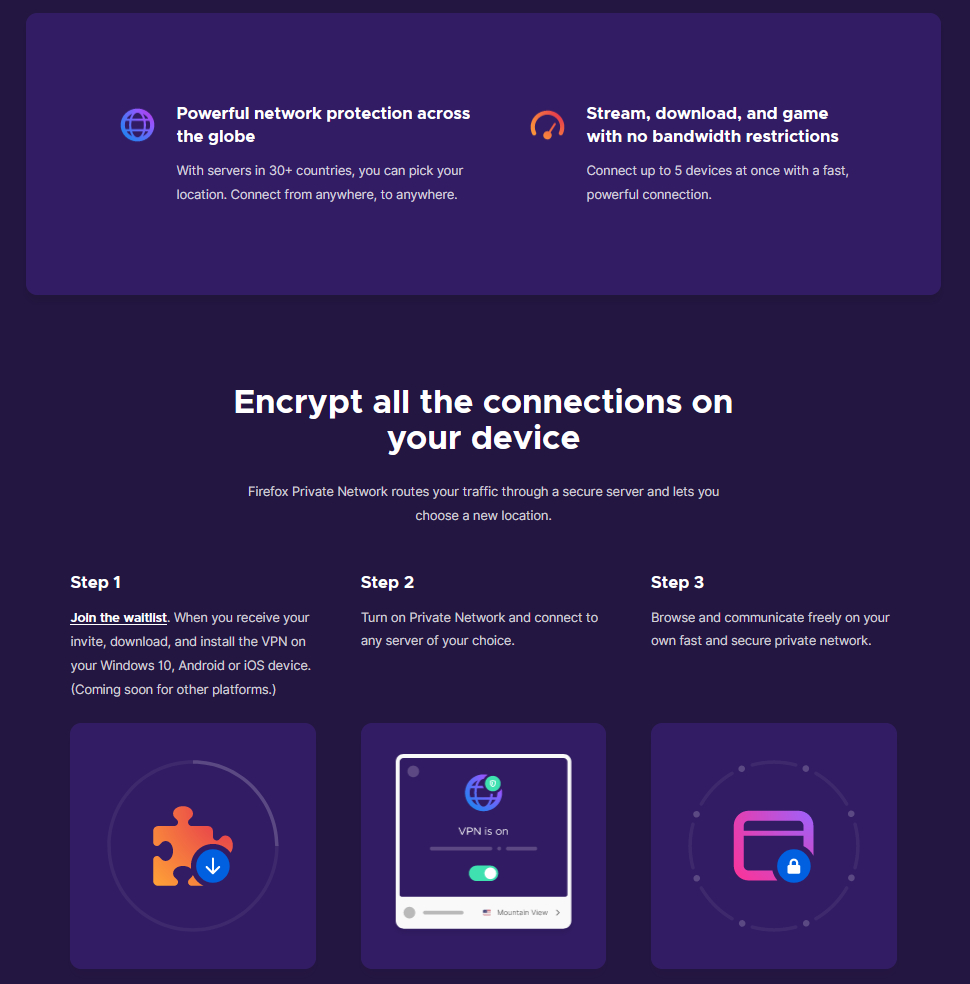

Some apartment buildings offer wifi as an incentive to residents, but just like your ISP, anyone else on the network can see what sites you are visiting. Secure yourself on a shared building network How do VPNs work? Get answers to nine common questions about VPNs The good news is that a VPN at home can prevent your ISP from snooping on you by encrypting your traffic before the ISP can see it. That’s rich personal - and private - information you’re giving away to your ISP every time you connect to the internet at home. Your ISP can see every site you visit and track things like how often you visit sites and how long you’re on them. Stop your ISP from watching youĭid you know that when you connect to the internet at home through your internet service provider (ISP), it can track what you do online? Even though your traffic is usually encrypted using HTTPS, this doesn’t conceal which sites you are visiting. Here are five reasons to consider using a VPN at home. VPNs are beneficial for added privacy when you’re connected to a public wifi network, and you might also want to use a VPN at home when you’re online as well.

At this point in the evolution of online life, however, VPNs have become more mainstream, and anyone may have good reasons to use one. You might have heard of VPNs - virtual private networks - at some point, and chalked them up to something only “super techy” people or hackers would ever use.


 0 kommentar(er)
0 kommentar(er)
